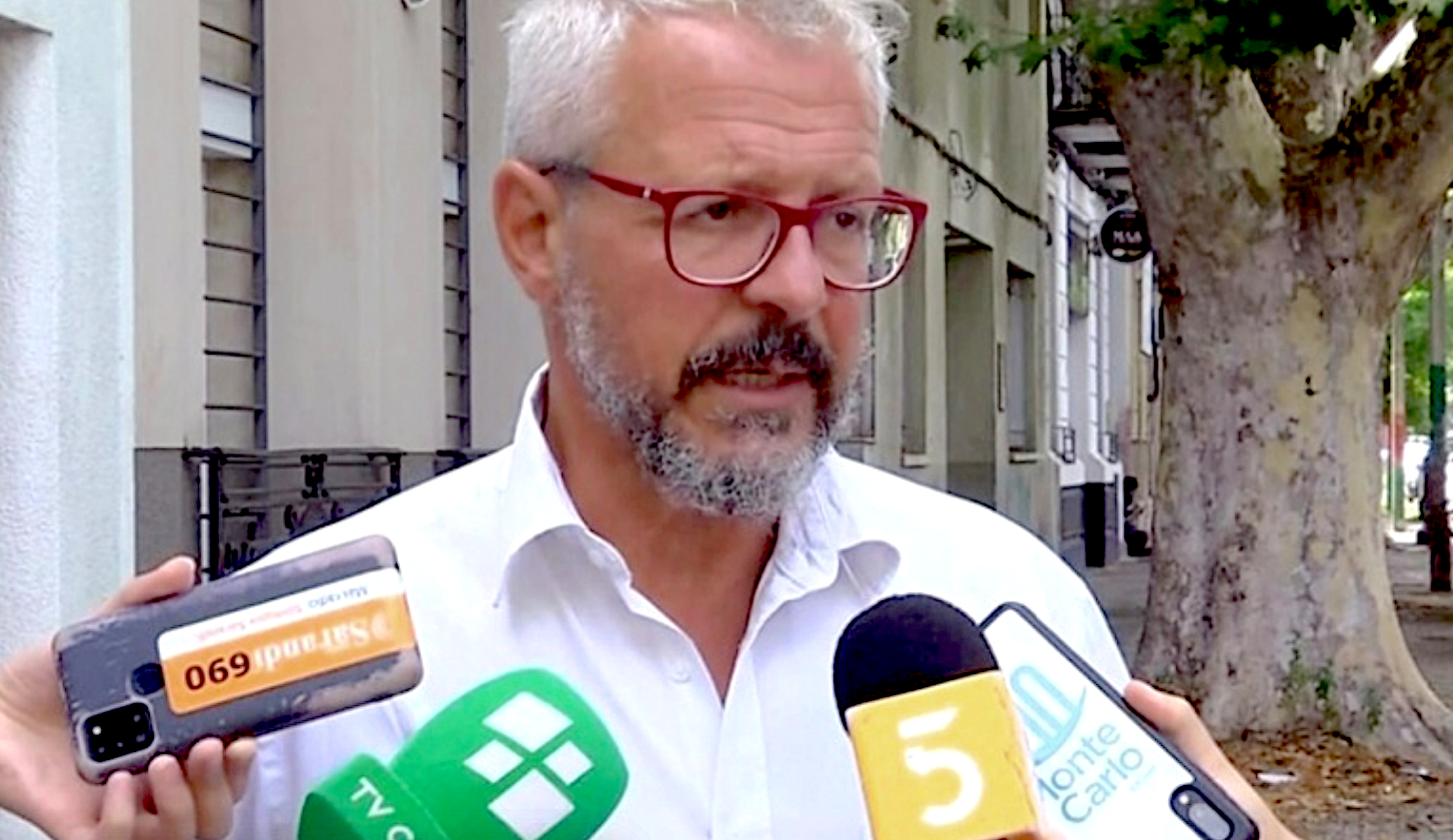Public and private services combine to make up the Uruguayan health system. Public funding comes mainly from general and specific taxes earmarked for the health sector. The state, through the Ministry of Public Health (MPH) of Uruguay and other decentralized bodies, is responsible for managing these resources. Health financing in Uruguay is based on the National Health Fund, which operates under the principle of solidarity and is financed by mandatory contributions from both employees and employers. Out-of-pocket payments are some of the lowest in the region, although they remain especially for private health services and certain drugs that are not covered by the public health system.
Sizeable public funding, although out-of-pocket expenditures remain
Main challenges ahead
The population’s aging and the increasing prevalence of chronic disease are the main challenges for the financial sustainability of Uruguay’s health system. Promoting equity in access to healthcare services is crucial for ensuring that all Uruguayans benefit from the health system. The MPH has developed a national strategy to address the reduction of persistent health inequalities.
References
[1] Pan American Health Organization (PAHO) Health Financing
[2] World Health Organization Global Health Expenditure Database
[3] World Health Organization WHO Health Financing Dashboard



